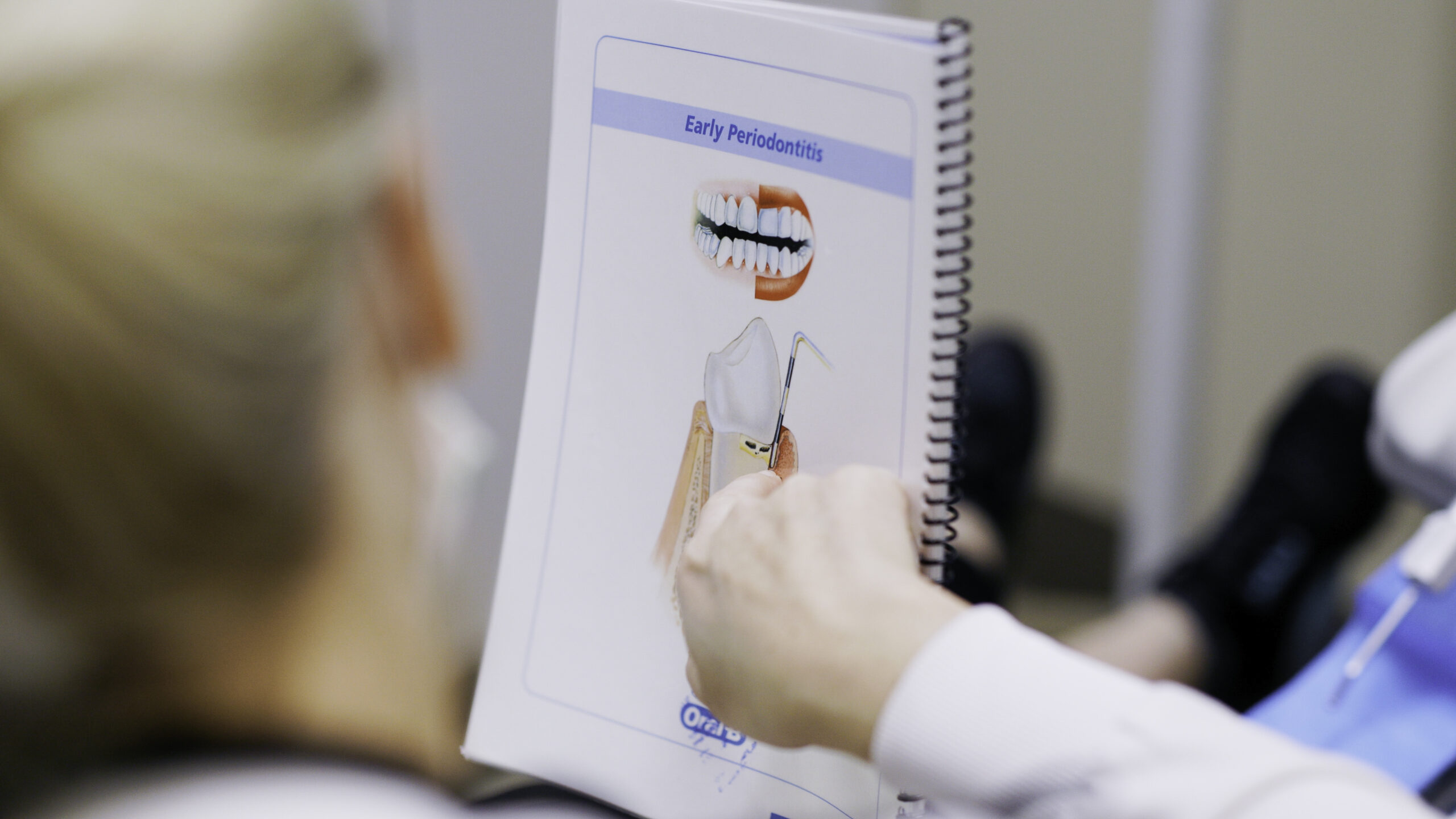What Are The Stages of Tooth Decay: A Comprehensive Guide
 Did you know that tooth decay is the most common form of oral disease in the world? It’s a problem that affects people of all ages and can lead to serious health problems if it’s not treated. In this blog post, we will discuss tooth decay stages. We’ll talk about what each stage entails, and we’ll provide tips on how to prevent decay from progressing. Stay tuned for more information!
Did you know that tooth decay is the most common form of oral disease in the world? It’s a problem that affects people of all ages and can lead to serious health problems if it’s not treated. In this blog post, we will discuss tooth decay stages. We’ll talk about what each stage entails, and we’ll provide tips on how to prevent decay from progressing. Stay tuned for more information!
What is Tooth Decay?
- Tooth decay is the process by which tooth enamel is broken down and tooth structure is lost. It is the most common chronic disease of childhood, affecting more than half of all children by the time they reach age five. Decay develops when bacteria in the mouth (primarily Streptococcus mutans) convert sugars into acids that attack tooth enamel. Enamel is the hard, outer layer of teeth that protects them from bacteria and foreign objects. Over time, these acids dissolve tooth enamel, creating tiny holes in teeth called cavities. If tooth decay is not treated, it can progress to the inner layers of teeth (dentin and pulp), causing pain, infection, and tooth loss. This is preventable with good oral hygiene and a balanced diet. In its early stages, it can be reversed with proper oral care. Once tooth enamel has been destroyed, however, it cannot be regenerated. Therefore, it is important to take steps to prevent tooth decay before it starts.
Stage 1: Demineralization
- Tooth decay is a complex process that happens in several stages. In stage one, demineralization, tooth decay begins when plaque comes into contact with your tooth enamel. Plaque is a sticky film of bacteria that forms on your teeth. The bacteria in plaque produce acids that eat away at tooth enamel. This process of demineralization can happen very quickly, and it is often not painful. In some cases, decay may be reversed at this stage. This can happen if the tooth enamel is still strong enough to repair itself. However, if the decay is not treated, it will progress to Stage two.
Stage 2: Enamel Decay
- When tooth decay first starts, it only affects the tooth enamel. This is the hard, outer layer of your tooth that protects the more delicate inner layers. Tooth enamel is strong, but it’s not indestructible. When you eat or drink sugary or acidic foods and beverages, the tooth enamel can be weakened and start to break down. This process is called enamel decay. Once tooth enamel has been damaged, it can’t be repaired. However, you can help prevent further damage by practicing good oral hygiene and avoiding sugary and acidic foods and drinks.
Stage 3: Dentin Decay
- Dentin decay occurs when the tooth decay has reached the tooth’s inner layer, called dentin. Dentin is softer than tooth enamel, so decay progresses faster at this stage. As the decay gets worse, it will start to affect the tooth’s nerve, causing pain and sensitivity. If it is not treated at this stage, it will continue to progress until it reaches the tooth’s root.
Stage 4: Infection
- The fourth stage of tooth decay is infection. At this point, the cavities have reached the tooth pulp. The tooth pulp is a soft tissue containing blood vessels and nerves. When bacteria reach the tooth pulp, they can cause an infection. If left untreated, an infected tooth can eventually fall out.
Stage 5: Abscess Formation
- In stage five, the tooth decay has reached the tooth’s pulp, causing an abscess to form. An abscess is a pus-filled sac that forms when an infection spreads through the tooth’s tissues. It can cause severe pain, swelling, and fever. If not treated promptly, an abscess can lead to sepsis, which is a life-threatening condition. Stage five tooth decay is a serious condition that requires prompt treatment by a dentist.
If you have tooth pain or sensitivity, these may be signs of tooth decay. If you think you may have tooth decay, see your dentist as soon as possible. Early treatment can help prevent tooth decay from progressing to more serious stages. Regular checkups are important in caring for your teeth. Contact us today for a regular cleaning or any of the many other services we provide. Here at St. George Dental, we are happy to help!
Request an appointment here: https://www.stgeorgedentalcare.com or call St. George Dental Care at (435) 628-9099 for an appointment in our St George office.
Check out what others are saying about our services on Yelp: Read our Yelp reviews.
Recent Posts
Finding the right dental home for your household is a big decision that impacts everyone's oral health. You want a welcoming environment where both children and adults feel completely at ease. The entire team at St. George Dental Care understands these priorities and is here to help you navigate your options. If you are actively…
We know that life is busy. Between work, school runs, and family commitments, finding time for healthcare can be a challenge. One of the most common questions we hear at the front desk isn't just about cost or comfort; it's about the schedule. Patients want to know, "How long does dental treatment take?" Whether you…
For many people, the thought of sitting in a dental chair triggers a wave of unease. It is important to know that dental anxiety is incredibly common, and feeling this way doesn't mean you are irrational or weak. Many patients avoid appointments for years simply because the fear feels too overwhelming to manage.However, modern dentistry…
Waking up to a throbbing toothache can be alarming and exhausting. Pain that intensifies after sundown is a common complaint and often signals an underlying issue that requires professional attention. At St. George Dental Care, we understand how stressful this can be, and we're here to provide clarity and care when you need it most.…


